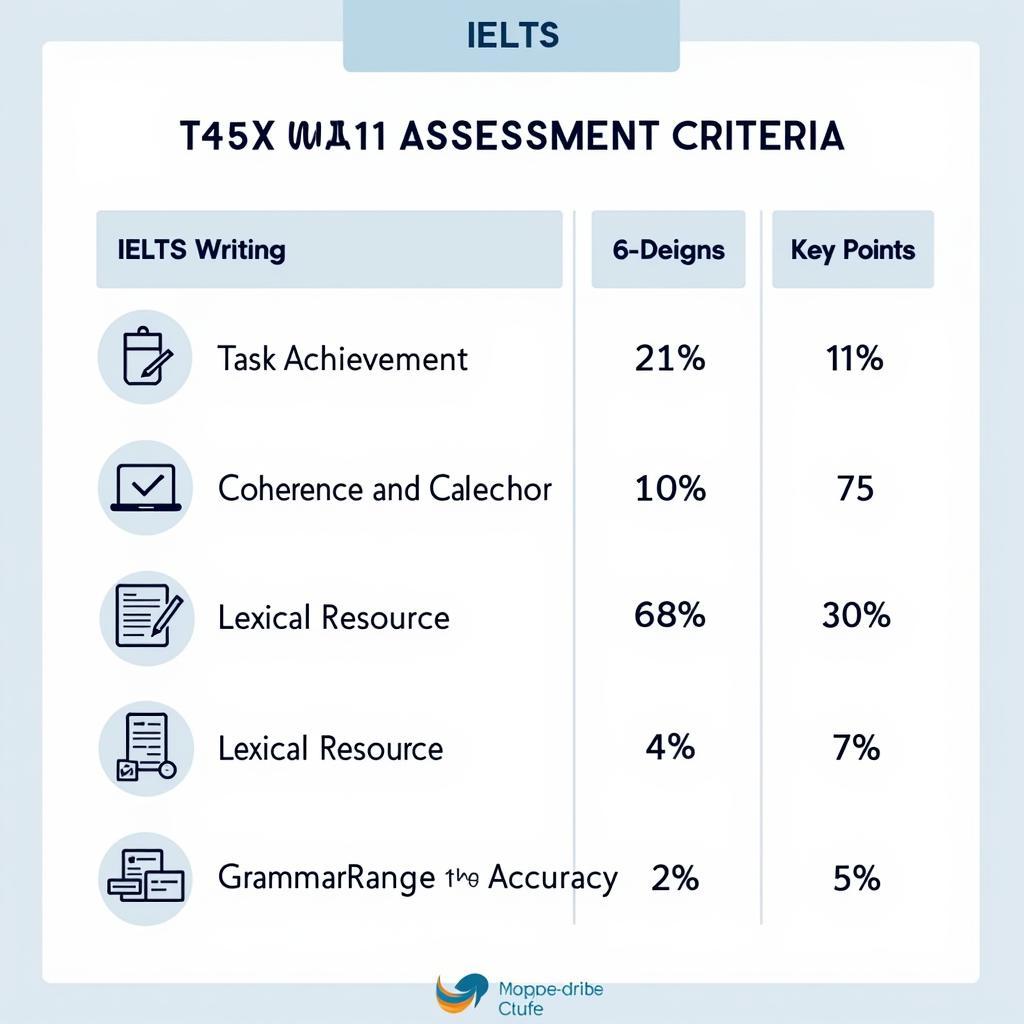Writing for IELTS can be challenging, especially when you’re aiming for a high band score. Many test-takers repeatedly make the same mistakes, but with proper guidance and practice, these errors can be easily avoided. Let’s explore the most common writing pitfalls and learn effective strategies to overcome them.
Understanding Basic Writing Requirements
Before diving into specific mistakes, it’s crucial to understand what IELTS examiners are looking for. As highlighted in How to avoid common mistakes in IELTS Writing?, successful essays must demonstrate clear organization, appropriate vocabulary, and grammatical accuracy.

Task Response Issues
One of the most critical aspects of IELTS writing is properly addressing the task. Many candidates lose marks by:
- Misinterpreting the question
- Not covering all parts of the prompt
- Writing off-topic content
- Providing insufficient examples or support
avoiding common mistakes in task 1 provides detailed guidance on improving your task response, particularly for graph and chart descriptions.
Grammar and Vocabulary Challenges
Common Grammatical Errors
- Subject-verb agreement
- Incorrect tense usage
- Article misuse (a, an, the)
- Preposition errors
- Run-on sentences
“Mastering grammar isn’t about memorizing rules, but about understanding how language works in context,” says Dr. Sarah Thompson, IELTS examiner with 15 years of experience.
Vocabulary Pitfalls
When it comes to vocabulary, how to avoid redundancy in task 1 emphasizes the importance of:
- Using appropriate synonyms
- Avoiding word repetition
- Implementing academic vocabulary correctly
- Being precise with word choice
Structure and Coherence
Proper essay structure is vital for achieving a high band score. how to improve task 2 coherence outlines essential strategies for:
- Writing clear topic sentences
- Using appropriate transition words
- Maintaining paragraph unity
- Creating logical flow between ideas
Time Management Errors
Poor time management can seriously impact your writing performance. Here’s how to avoid this:
- Spend 5 minutes planning
- Allow 35 minutes for Task 2
- Reserve 20 minutes for Task 1
- Save 5 minutes for review
“The biggest mistake students make is not planning their time effectively,” notes Professor James Miller, IELTS Writing Coach. “A well-planned essay, even if shorter, often scores better than a longer, disorganized one.”
Conclusion
Avoiding common writing mistakes in IELTS requires awareness, practice, and strategic preparation. Focus on addressing these key areas, and you’ll see significant improvement in your writing scores. Remember to review your work carefully and practice regularly with authentic exam conditions.
Frequently Asked Questions
- What are the most critical mistakes to avoid in IELTS Writing?
- Task misinterpretation, poor time management, and grammatical errors are the most crucial to address.
- How can I improve my vocabulary for IELTS Writing?
- Read academic articles, learn collocations, and practice using synonyms appropriately.
- Should I use complex sentences to get a higher score?
- Use a mix of simple and complex sentences, focusing on accuracy rather than complexity alone.
- How important is planning before writing?
- Planning is crucial; spend 5 minutes organizing your ideas to ensure a well-structured response.
- What’s the best way to check for mistakes?
- Leave time for review, focusing on common error patterns and task completion requirements.